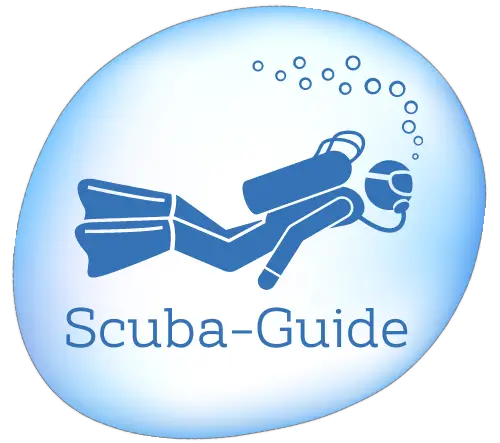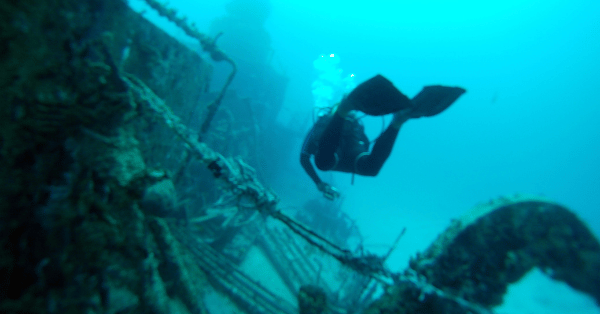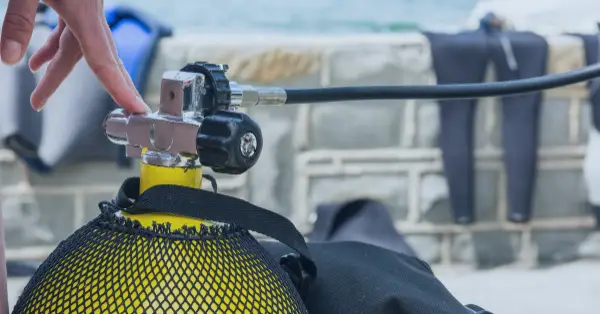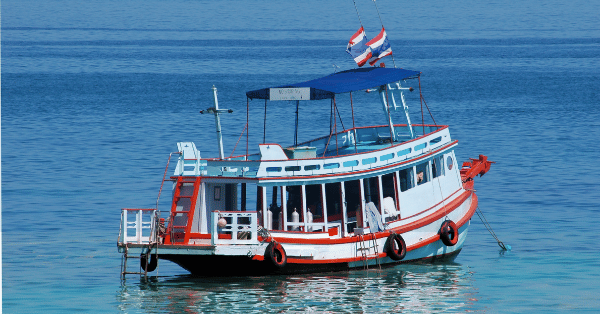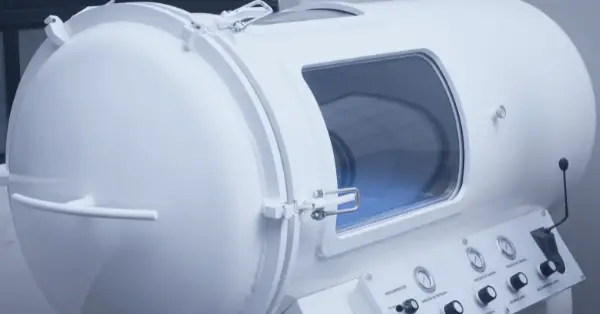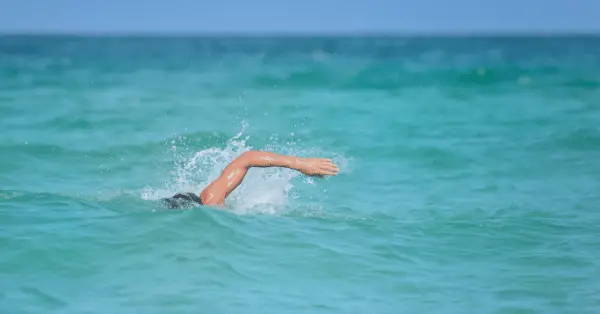What Could Go Wrong: Avoid these Bad Diving Disasters
Diving has many rules and regulations in place to not only ensure safety for us divers, but also the marine life. However, even with all the precautions taken, there are still ways for diving to go wrong. Here are some of the more common mistakes and bad decisions divers make that can lead to a dangerous or even deadly situation:
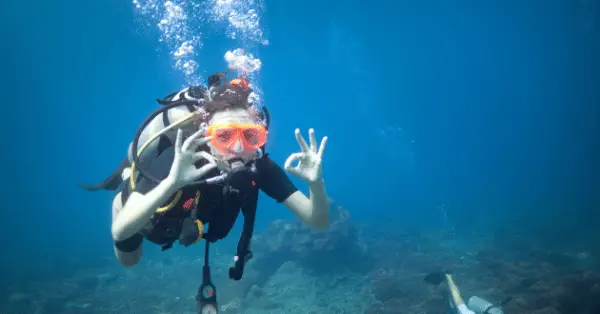
10 bad scuba diving habits to avoid
1. Not being properly trained. Taking an introductory course is not enough to be considered a safe diver. All certified divers should take a refresher course every two years and know their limits.
2. Overweighting. Too much weight can make buoyancy control difficult, which can be dangerous if the diver is unable to maintain a stable position in the water. Having the proper amount of weight on your diving belt is paramount for safety when scuba diving.
3. Not following safety protocols. Never dive alone, always use the buddy system, and make sure you have a plan before entering the water. A pre-dive check should also be conducted to ensure that all diving equipment is in good working order and no loose items are present that could cause an injury or distraction underwater.
4. Ignoring dive tables. A dive table provides information about the maximum depths and times a diver should stay underwater to avoid decompression sickness. It is important to follow these tables and not exceed recommended limits in order to remain safe while diving. Additionally, always conduct a safety stop.
5. Not paying attention to air levels. Air is used up faster when exerting more energy, so make sure to constantly monitor your air levels and leave enough for a safe ascent.
6. Speeding around or touching the reef or marine life. Remember that you are just a guest in the ocean and should be respectful of its inhabitants. Take your time, move slowly, and do not touch anything underwater as this can disturb delicate coral and marine life. Don’t get too close just to snap a picture.
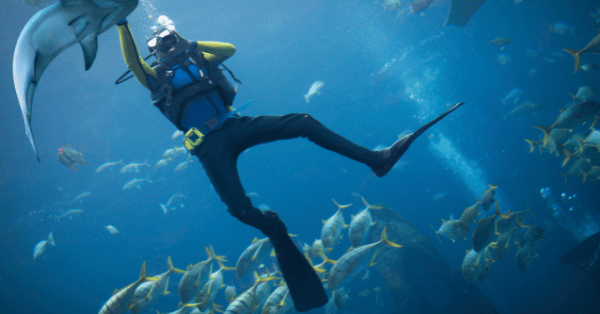
7. Sudden changes in pressure levels by ascending and descending rapidly. This can cause the bends in scuba diving.
8. Holding your breath. Remember the very first rule of scuba diving. Never hold your breath and keep breathing.
9. Don’t feel fit or healthy. This may also include alcohol or drug consumption, as well as a hangover. Simply put, don’t dive if you are not 100% fit and healthy enough to dive.
10. Didn’t check the equipment properly. Especially, after a few dives with the same operator, or even the last dive of the day, we tend to blindly trust the equipment. Don’t make a shortcut and always check your entire scuba diving equipment before any dive. Also, conduct the buddy check to hold each other accountable. For your own equipment, don’t neglect the regular gear service.
- Store your wetsuits properly
- Check your valves
- Inspect your BCD
- Maintain your mask
What can you do when you notice bad diving?
When you see a scuba diver or group of divers doing something unsafe, it is important to speak up and tell them that what they are doing could be dangerous. If the situation requires more than words, alert the authorities if needed.
It’s also important to not follow bad behavior. For example, if your group descends deeper than your limits, stay within your limit. If the group separates from you, make a safe ascend to the surface and try to grab attention.
If you notice you did something bad yourself, reflect on it and try to make it better next time. Seek consultation from more experienced divers or an instructor.
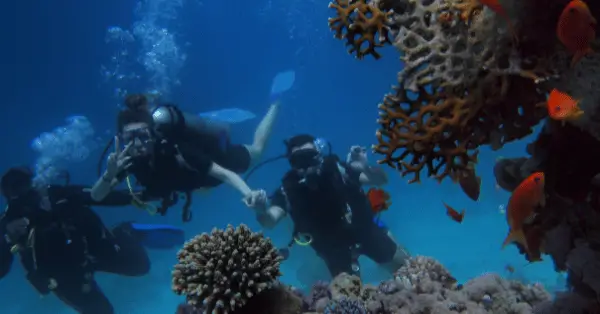
Having a bad scuba master or instructor
If you don’t feel comfortable with your instructor, group, or scuba master, voice your concerns. In the case of dead ears, don’t proceed with the diving trip.
Conclusion
By following these safety tips, divers can avoid dangerous situations and ensure a safe and enjoyable diving experience. Always practice caution when scuba diving and remember that the ocean is not to be taken lightly! With proper preparation, knowledge, and respect for the surrounding environment, we can help protect the creatures of the deep blue sea.
